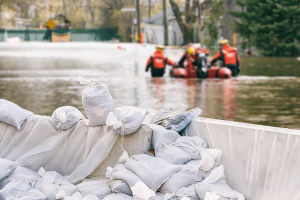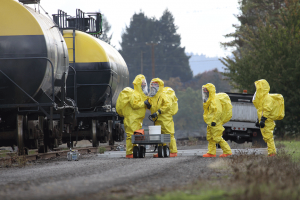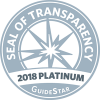This class is for supervisors who will be the first-responding incident commander at the scene of a large-scale, critical incident. It is unique because it focuses on the thinking process of why and how ICS is used within the NIMS framework, claiming that without this understanding, an incident  commander will be unable to use ICS in such a way that will allow them to successfully work through the initial, chaotic phase of a critical incident. Based on solidly accepted and broadly-based research, the course begins with introducing the student to such topics as the Cynefin framework (Dr. David Snowden), Sensemaking (Karl E. Weick), Mental Slides (Dr. Arjen Boin), and characteristics of High-Reliability Organizations (Ericksen & Dyer, Cornell University). The most important of these topics is Sensemaking and its embedded working pieces of adaptability, manipulation, and improvisation of all of the following: environment, bad actors, and responding resources at the scene of a large-scale, critical incident.
commander will be unable to use ICS in such a way that will allow them to successfully work through the initial, chaotic phase of a critical incident. Based on solidly accepted and broadly-based research, the course begins with introducing the student to such topics as the Cynefin framework (Dr. David Snowden), Sensemaking (Karl E. Weick), Mental Slides (Dr. Arjen Boin), and characteristics of High-Reliability Organizations (Ericksen & Dyer, Cornell University). The most important of these topics is Sensemaking and its embedded working pieces of adaptability, manipulation, and improvisation of all of the following: environment, bad actors, and responding resources at the scene of a large-scale, critical incident.
While these topics are indisputably founded in academic research, they would have limited usefulness without experienced practitioners to vet the ideas and determine how they actually function in the real world of critical incident response. To that end, a small team of extremely experienced law enforcement ranking officers reviewed this research, found it to be sound in application to the field, and then crafted the second  week of instruction that puts to use the concepts learned in the first week solely through the teaching tool of reality-based scenario training. This is the second completely unique aspect of this class. Unlike others that use computer simulators to create a virtual environment, camera footage from previous events, or scripted tabletop exercises, research, again, shows that the benefit of stress inoculation to actual field performance (Lt. Col. Dave Grossman and Amanda Ripley’s work with the US Special Forces) is undeniable. In order to gain this, all senses must be engaged: sight, sound, hearing, smell, and if possible, taste. This course offers a 32-hour week of intensive reality-based scenario training using role players and the physical environment to create and accomplish just this. In an even more unique aspect, there are no scripts for these events. A live police dispatcher is used over real police radios, just as it would happen in the field, and because of this, each student not only participates in the scenario but creates it as they take action or choose inaction. These scenarios are very student intensive, with each student being placed in the role of incident commander several times throughout the class with instructors closely monitoring their actions, failures and successes. The last day is reserved for the instructors to speak with each student individually and give him/her specific feedback on his/her performance in order to allow them to improve in future critical incidents.
week of instruction that puts to use the concepts learned in the first week solely through the teaching tool of reality-based scenario training. This is the second completely unique aspect of this class. Unlike others that use computer simulators to create a virtual environment, camera footage from previous events, or scripted tabletop exercises, research, again, shows that the benefit of stress inoculation to actual field performance (Lt. Col. Dave Grossman and Amanda Ripley’s work with the US Special Forces) is undeniable. In order to gain this, all senses must be engaged: sight, sound, hearing, smell, and if possible, taste. This course offers a 32-hour week of intensive reality-based scenario training using role players and the physical environment to create and accomplish just this. In an even more unique aspect, there are no scripts for these events. A live police dispatcher is used over real police radios, just as it would happen in the field, and because of this, each student not only participates in the scenario but creates it as they take action or choose inaction. These scenarios are very student intensive, with each student being placed in the role of incident commander several times throughout the class with instructors closely monitoring their actions, failures and successes. The last day is reserved for the instructors to speak with each student individually and give him/her specific feedback on his/her performance in order to allow them to improve in future critical incidents.
Finally, this course is the beginning of individual cohorts per course session that interact with each other and their instructors in an online classroom. Students are given pertinent reading and writing assignments online in the weeks before the class starts; they have additional assignments in between the course sessions; and, finally, upon completion of the course, that cohort is admitted to the broader alumni group online where experiences, research, and contacts may be shared, thus creating a library of constantly evolving best practices in the field of critical incident response.
 This is a California POST certified class and a nationwide DHS certified class. Past course offerings received reviews from students such as, “This is the best course I have ever attended”; “This is unlike any training I have ever attended before”; “Every ranking officer in our command staff needs to go through this class”; and “I will be using this information back at my department.” Several students individually emailed instructors immediately following the course to tell them how much they learned from their experience. While that can be typical with a class, the unique event which speaks to the success of this course is that even six months after its conclusion, students are still emailing the instructors to discuss their successes and challenges with applying principles from the class to their work environment and asking for further resources.
This is a California POST certified class and a nationwide DHS certified class. Past course offerings received reviews from students such as, “This is the best course I have ever attended”; “This is unlike any training I have ever attended before”; “Every ranking officer in our command staff needs to go through this class”; and “I will be using this information back at my department.” Several students individually emailed instructors immediately following the course to tell them how much they learned from their experience. While that can be typical with a class, the unique event which speaks to the success of this course is that even six months after its conclusion, students are still emailing the instructors to discuss their successes and challenges with applying principles from the class to their work environment and asking for further resources.

 commander will be unable to use ICS in such a way that will allow them to successfully work through the initial, chaotic phase of a critical incident. Based on solidly accepted and broadly-based research, the course begins with introducing the student to such topics as the Cynefin framework (Dr. David Snowden), Sensemaking (Karl E. Weick), Mental Slides (Dr. Arjen Boin), and characteristics of High-Reliability Organizations (Ericksen & Dyer, Cornell University). The most important of these topics is Sensemaking and its embedded working pieces of adaptability, manipulation, and improvisation of all of the following: environment, bad actors, and responding resources at the scene of a large-scale, critical incident.
commander will be unable to use ICS in such a way that will allow them to successfully work through the initial, chaotic phase of a critical incident. Based on solidly accepted and broadly-based research, the course begins with introducing the student to such topics as the Cynefin framework (Dr. David Snowden), Sensemaking (Karl E. Weick), Mental Slides (Dr. Arjen Boin), and characteristics of High-Reliability Organizations (Ericksen & Dyer, Cornell University). The most important of these topics is Sensemaking and its embedded working pieces of adaptability, manipulation, and improvisation of all of the following: environment, bad actors, and responding resources at the scene of a large-scale, critical incident. week of instruction that puts to use the concepts learned in the first week solely through the teaching tool of reality-based scenario training. This is the second completely unique aspect of this class. Unlike others that use computer simulators to create a virtual environment, camera footage from previous events, or scripted tabletop exercises, research, again, shows that the benefit of stress inoculation to actual field performance (Lt. Col. Dave Grossman and Amanda Ripley’s work with the US Special Forces) is undeniable. In order to gain this, all senses must be engaged: sight, sound, hearing, smell, and if possible, taste. This course offers a 32-hour week of intensive reality-based scenario training using role players and the physical environment to create and accomplish just this. In an even more unique aspect, there are no scripts for these events. A live police dispatcher is used over real police radios, just as it would happen in the field, and because of this, each student not only participates in the scenario but creates it as they take action or choose inaction. These scenarios are very student intensive, with each student being placed in the role of incident commander several times throughout the class with instructors closely monitoring their actions, failures and successes. The last day is reserved for the instructors to speak with each student individually and give him/her specific feedback on his/her performance in order to allow them to improve in future critical incidents.
week of instruction that puts to use the concepts learned in the first week solely through the teaching tool of reality-based scenario training. This is the second completely unique aspect of this class. Unlike others that use computer simulators to create a virtual environment, camera footage from previous events, or scripted tabletop exercises, research, again, shows that the benefit of stress inoculation to actual field performance (Lt. Col. Dave Grossman and Amanda Ripley’s work with the US Special Forces) is undeniable. In order to gain this, all senses must be engaged: sight, sound, hearing, smell, and if possible, taste. This course offers a 32-hour week of intensive reality-based scenario training using role players and the physical environment to create and accomplish just this. In an even more unique aspect, there are no scripts for these events. A live police dispatcher is used over real police radios, just as it would happen in the field, and because of this, each student not only participates in the scenario but creates it as they take action or choose inaction. These scenarios are very student intensive, with each student being placed in the role of incident commander several times throughout the class with instructors closely monitoring their actions, failures and successes. The last day is reserved for the instructors to speak with each student individually and give him/her specific feedback on his/her performance in order to allow them to improve in future critical incidents. This is a California POST certified class and a nationwide DHS certified class. Past course offerings received reviews from students such as, “This is the best course I have ever attended”; “This is unlike any training I have ever attended before”; “Every ranking officer in our command staff needs to go through this class”; and “I will be using this information back at my department.” Several students individually emailed instructors immediately following the course to tell them how much they learned from their experience. While that can be typical with a class, the unique event which speaks to the success of this course is that even six months after its conclusion, students are still emailing the instructors to discuss their successes and challenges with applying principles from the class to their work environment and asking for further resources.
This is a California POST certified class and a nationwide DHS certified class. Past course offerings received reviews from students such as, “This is the best course I have ever attended”; “This is unlike any training I have ever attended before”; “Every ranking officer in our command staff needs to go through this class”; and “I will be using this information back at my department.” Several students individually emailed instructors immediately following the course to tell them how much they learned from their experience. While that can be typical with a class, the unique event which speaks to the success of this course is that even six months after its conclusion, students are still emailing the instructors to discuss their successes and challenges with applying principles from the class to their work environment and asking for further resources.